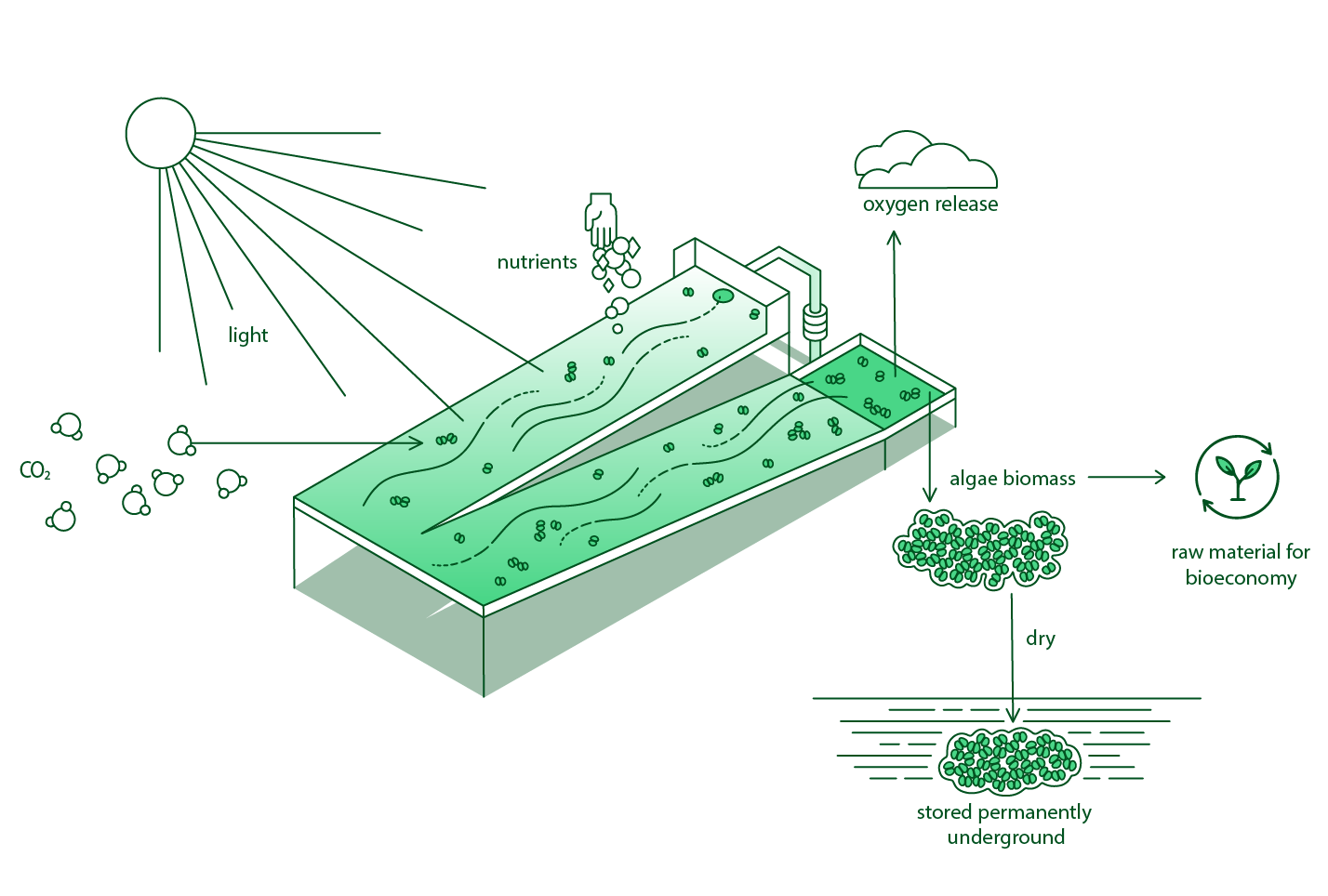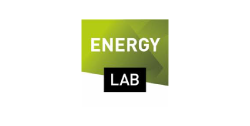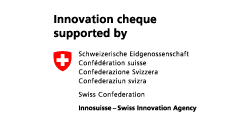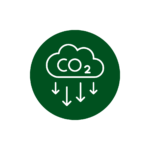
Why remove CO2?
To address climate change, almost all countries have set themselves carbon-neutral goals.
Drastically reducing CO2 emissions has priority, but it is not enough. Carbon Dioxide Removal (CDR) is a crucial factor to reach net zero emissions.

Nature-based technology
We remove CO2 from the atmosphere by producing biomass with microalgae.
The carbon bound by the microalgae can be permanently stored underground. In this case, our technology results in negative emissions.

CO2 Removal Certificates (CORCs)
Our carbon certificates are generated through the measurable removal of CO2.
CORCs are not a substitute for reducing emissions! Rather, they complement the climate strategy by addressing emissions that are difficult to avoid.

Microalgae Biomass
Biomass can also serve as a raw material for the bioeconomy.
Microalgae can be used as food or animal feed, and they can replace fossil-based raw materials as a sustainable resource. Applications include bioplastics, biofuels and natural dyes.
High-Quality Carbon Removal Credits

MEASURABLE
We weigh the biomass and measure its carbon content before we bury it. This allows us to determine exactly how much CO2 has been removed from the atmosphere.

PERMANENT
The long-term storage of the sequestered carbon is reliable & safe. The buried biomass remains stable for over 1000 years, due to its composition and suitable storage conditions.

VERIFIABLE
We attach great importance to a high standard of monitoring, reporting and verification (MRV) to ensure transparency and verifiability of our process.

ADDITIONAL
Our process verifiably removes additional CO2 from the atmosphere on your behalf. This avoids double counting of our CO2 removal certificates.

ENERGY-EFFICIENT
Our process is based on photosynthesis. That's why we use almost exclusively sunlight as an energy source. The technical energy requirement is correspondingly low.

SCALABLE
Our photobioreactors enable the highly efficient production of biomass for CO2 sequestration. They are modular, scalable and plug & play ready for installation.
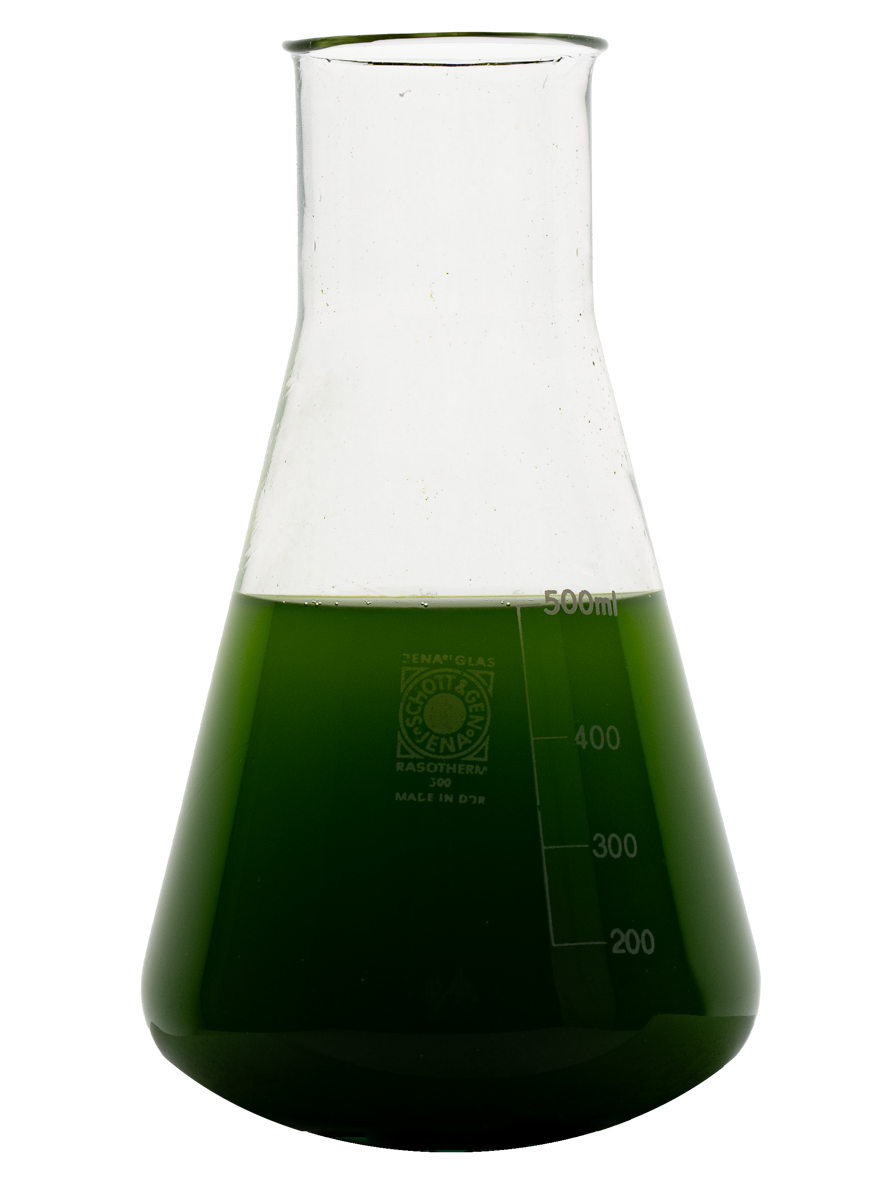
Why Microalgae?
Photosynthesis in algae plays a crucial role in the global carbon cycle, as it binds CO2 and converts it into biomass. Growing microalgae in warm water is the most efficient way to produce biomass.
Algae growth rates are up to 50 times higher than those of land plants. This makes them highly efficient CO2 sinks.
Scaling up carbon dioxide removal
With our photobioreactors, we have technically improved this process. As a result, we can remove CO2 from the atmosphere on a large scale using sunlight as the primary energy source.
News
Our Partners
Arrhenius AG is a spin-off of Lucerne University of Applied Sciences and Arts. We are supported by several scientific partners and funding organizations.
billion tons of CO2
Projected global fossil carbon dioxide emissions in 2024 (Global Carbon Budget).
Million tons of CO2
Emissions that Switzerland alone has to remove every year by 2050 (Swiss Federal Office of Energy).

